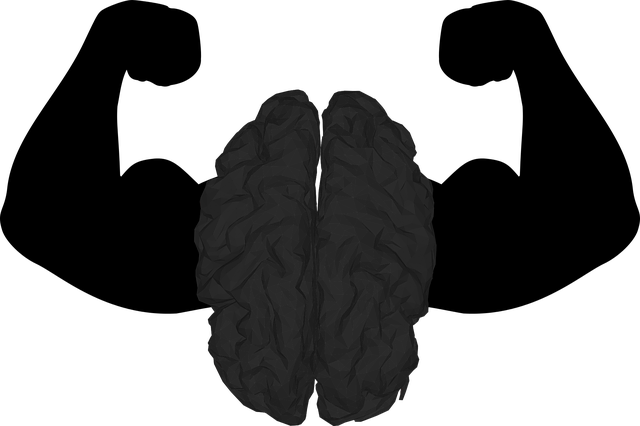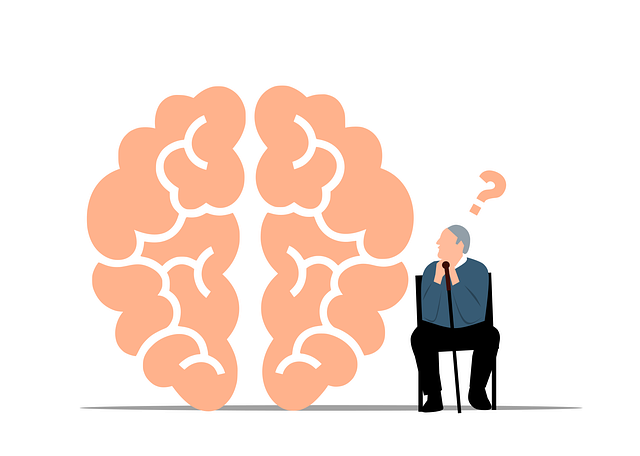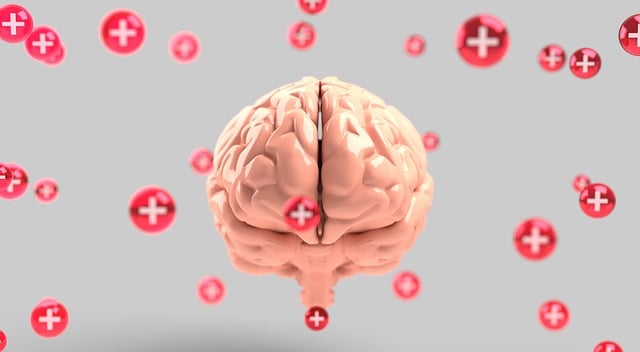Emotion regulation techniques are vital tools in therapy for adults psychosis, empowering individuals to manage intense emotions through mindfulness exercises, cognitive reframing, and emotional distancing. By cultivating awareness of their feelings and triggers, patients learn effective coping strategies integrated into daily routines, enhancing mental wellness and resilience. Mindfulness improves present-moment awareness and non-judgmental acceptance, while cognitive restructuring challenges negative thought patterns. Public awareness campaigns reduce stigma, fostering supportive environments that promote emotional well-being for adults with psychosis.
Emotion regulation techniques are essential tools for managing intense feelings and play a pivotal role in therapy for adults with psychosis. This article explores the art of emotion regulation, offering insights into understanding its core principles and practical teaching strategies. We delve into how these techniques, often integrated into therapeutic practices, aid individuals in navigating their emotions effectively. Specifically, we focus on their application in treating adults with psychosis, highlighting improved symptom management and enhanced overall well-being.
- Understanding Emotion Regulation Techniques
- Teaching Strategies for Effective Practice
- The Role of These Techniques in Therapy for Adults with Psychosis
Understanding Emotion Regulation Techniques

Emotion regulation techniques are essential tools for managing intense or difficult emotions, especially beneficial for individuals navigating therapy for adults psychosis. Understanding these techniques involves recognizing that emotional healing processes require active engagement and practice. Through mental wellness coaching programs development, individuals learn to identify and label their feelings, a fundamental step in crisis intervention guidance. By cultivating awareness, one can begin to understand the triggers and patterns associated with specific emotions, enabling better management strategies.
These techniques often include mindfulness exercises, cognitive reframing, and emotional distancing strategies. Mindfulness encourages staying present and observing thoughts and sensations without judgment, while cognitive reframing involves challenging negative thought patterns. Emotional distancing helps individuals detach from overwhelming emotions, fostering a sense of objectivity. Incorporating these into daily routines can significantly enhance mental wellness and provide effective coping mechanisms for crisis situations.
Teaching Strategies for Effective Practice

Teaching strategies play a pivotal role in the effectiveness of emotion regulation techniques, especially when tailored for adults with psychosis. Therapists can employ diverse methods to ensure these practices are accessible and beneficial. One powerful approach is incorporating mindfulness exercises into daily routines, helping individuals cultivate present-moment awareness and non-judgmental acceptance of their emotions. This skill set enables them to observe and regulate responses to distressing thoughts or feelings without reacting impulsively.
Additionally, cognitive restructuring techniques can be instrumental in challenging negative thought patterns and replacing them with more balanced perspectives. By engaging in open dialogue and providing psychoeducation about emotional healing processes, therapists facilitate a deeper understanding of their experiences. Public awareness campaigns development around mental health issues can also complement therapy for adults psychosis by fostering supportive environments and reducing stigma, ultimately enhancing emotional well-being promotion techniques.
The Role of These Techniques in Therapy for Adults with Psychosis

Emotion regulation techniques play a pivotal role in therapy for adults with psychosis, offering valuable tools to navigate and manage intense emotional states. These strategies are integral to therapeutic interventions aimed at improving overall mental well-being. By learning mind over matter principles, individuals can gain a greater sense of control over their emotions, fostering self-esteem improvement and enhancing their ability to cope with the challenges associated with psychosis.
Through these emotional healing processes, therapy becomes a powerful means to empower individuals, enabling them to transform their relationship with their feelings. By incorporating emotion regulation techniques into treatment plans, mental health professionals can help adults with psychosis develop resilience, promote positive self-perception, and ultimately lead more fulfilling lives.
Emotion regulation techniques have emerged as powerful tools in the therapeutic landscape, especially for managing symptoms in therapy for adults with psychosis. By understanding and teaching these strategies effectively, mental health professionals can empower individuals to navigate their emotional experiences with greater ease. This article has provided insights into various techniques, explored practical teaching strategies, and highlighted their significance in specialized therapy for adults with psychosis, ultimately contributing to improved quality of life and well-being.












